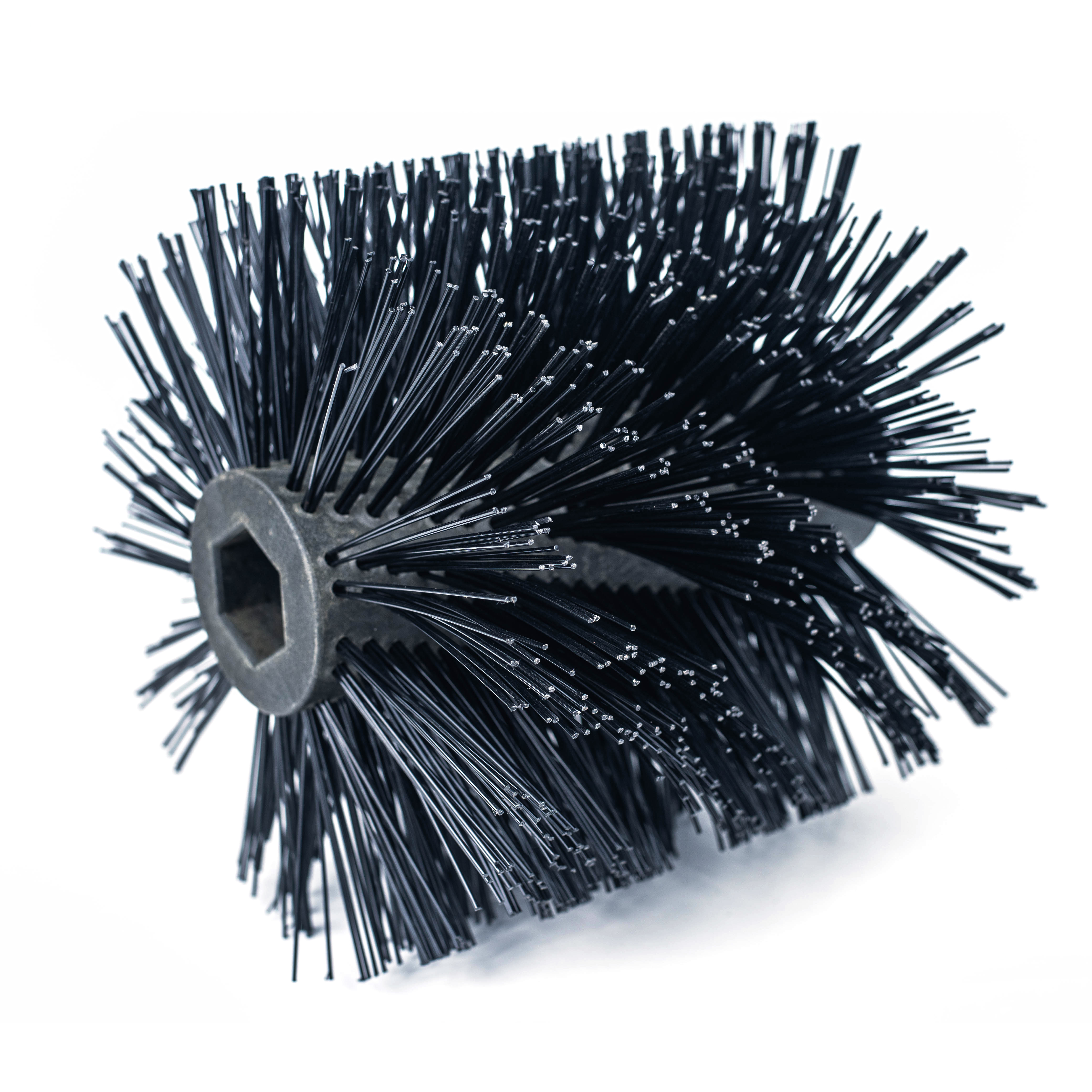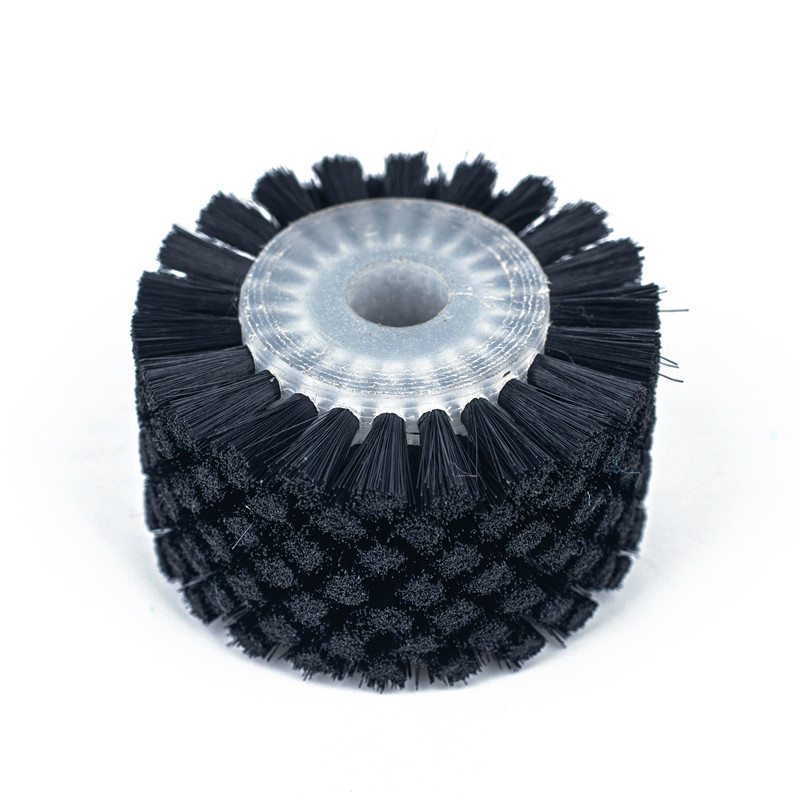Self-Producing Factory-Professional Manufacturer
Understanding Industrial Brushes: Essential Tools for Manufacturing and Processing
Oct 02,2025

Industrial brushes come in a variety of shapes, sizes, and materials, tailored to meet the specific needs of different industries. The most common types include disc brushes, cylindrical brushes, and strip brushes. Each type serves unique purposes; for instance, disc brushes are ideal for flat surfaces, while cylindrical brushes are excellent for cleaning and polishing in tight spaces. Strip brushes, on the other hand, are versatile and can be used for sealing or guiding applications.
One of the primary applications of industrial brushes is in surface preparation. In manufacturing settings, they are often used to clean surfaces by removing debris, dust, and contaminants that may interfere with product quality. This cleaning process is essential in industries such as automotive, aerospace, and electronics, where precision and cleanliness are paramount. By using the right industrial brush, manufacturers can ensure that surfaces are adequately prepared for subsequent processes like painting, coating, or assembly.
Additionally, industrial brushes are invaluable in the finishing stages of production. They are used to apply finishes, polishes, and coatings uniformly across materials, thereby enhancing the quality and appearance of the final product. The choice of brush material—such as nylon, wire, or natural fibers—can affect the finish, durability, and effectiveness of the application, making it crucial for manufacturers to select the appropriate type based on their specific requirements.
In the context of maintenance and cleaning, industrial brushes can also be employed for machinery upkeep. Regular cleaning of equipment with the right brushes helps prevent wear and tear, prolonging the lifespan of machines and reducing downtime. This proactive approach not only ensures the longevity of equipment but also contributes to overall operational efficiency.
Moreover, the versatility of industrial brushes makes them suitable for various other applications, including deburring, edge finishing, and even in food processing for sanitation purposes. The adaptability of these tools across different sectors highlights their importance in achieving high standards of quality and efficiency.
In conclusion, industrial brushes are essential tools in the manufacturing and processing industries. By understanding their types, applications, and benefits, professionals can make informed decisions that enhance productivity and product quality. Utilizing the right industrial brush for specific tasks can lead to significant improvements in workflow and operational success.
Hot Tags:
PREVIOUS:
Contact Us
CEO: Alan
Email: alan@virostech.com
Phone: +86-15215693689
Sales Manager: Edith
Email: Edith@virostech.com
Phone: +86-15215693689
Lianxin Brush Industry
CEO : Alan
Sales Manager: Edith
COOKIES
Our website uses cookies and similar technologies to personalize the advertising shown to you and to help you get the best experience on our website. For more information, see our Privacy & Cookie Policy
COOKIES
Our website uses cookies and similar technologies to personalize the advertising shown to you and to help you get the best experience on our website. For more information, see our Privacy & Cookie Policy
These cookies are necessary for basic functions such as payment. Standard cookies cannot be turned off and do not store any of your information.
These cookies collect information, such as how many people are using our site or which pages are popular, to help us improve the customer experience. Turning these cookies off will mean we can't collect information to improve your experience.
These cookies enable the website to provide enhanced functionality and personalization. They may be set by us or by third-party providers whose services we have added to our pages. If you do not allow these cookies, some or all of these services may not function properly.
These cookies help us understand what you are interested in so that we can show you relevant advertising on other websites. Turning these cookies off will mean we are unable to show you any personalized advertising.
REQUEST QUOTE
Please pay attention to your email.









